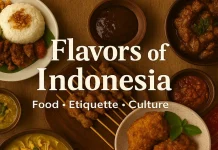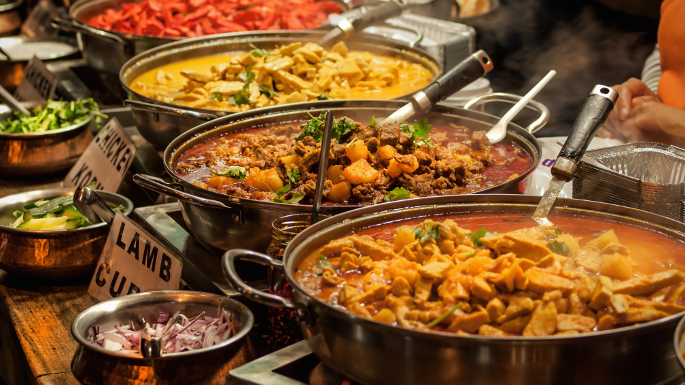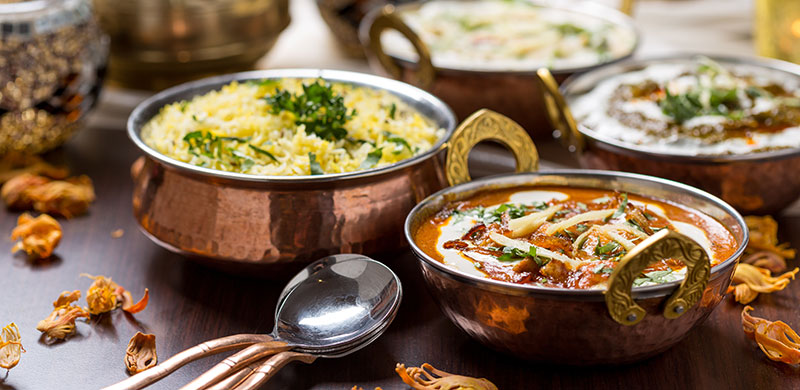There is another specialty food for Chinese New Year celebration: Yu Sheng. It is often served as part of a multi-dish dinner, usually as the appetizer due to its symbolism of “good luck” for the New Year. Some serve this dish on Renri, the seventh day of the Chinese New Year, although in practice it may be eaten on any convenient day during the Chinese New Year period (the first to the 15th day of the first lunar month).
Yu Sheng is a Teochew-style raw fish salad, consists of strips of raw fish (sometimes salmon), and mixed with shredded vegetables and a variety of sauces and condiments, among other ingredients. Yu Sheng is considered as a symbol of abundance, prosperity and vigor.
While versions of Yu Sheng are thought to have existed in China, the contemporary version was created and popularized in the 1960s amongst the ethnic Chinese community and its consumption has been associated with Chinese New Year festivities in Indonesia, Malaysia, and Singapore. Yu Sheng was first served in Singapore’s Lai Wah Restaurant in 1964 and goes by many other names, including “Lo Hei” and “Prosperity Toss”.
Yu Sheng is usually served before any main dish. As an appetizer, it represents good for the brand new year. Two main ideas make up the traditional Yu Sheng process:
1) the combining of all the ingredients in a big bowl, and
2) everyone at the table tossing the salad simultaneously using a pair of chopsticks.
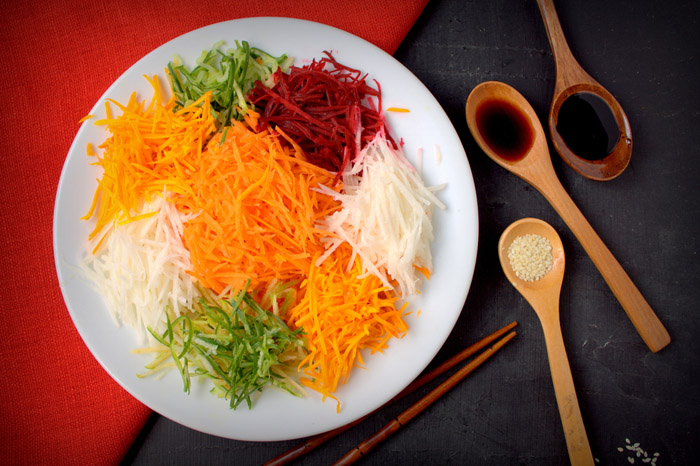
Usually, the base ingredients are first served. The leader among the diners or the restaurant server proceeds to add ingredients such as the fish, the crackers, and the sauces while saying “auspicious wishes” (吉祥话 jíxiáng huà) as each ingredient is added to the big plate or bowl, typically related to the specific ingredient being added.
Below are the “auspicious wishes” all diners should say while adding Yu Sheng ingredients:
- The first ingredient is raw fish (生鱼, Sheng Yu), which represents abundance and excess through the year. Diners wish Nian Nian You Yu (年年有余), which means “abundance throughout the year”.
- The second ingredient being added is pomelo (柚子, You Zi), which represents luck and auspicious value. Diners then wish Da Ji Da Li (大吉大利), which means “good luck and smooth sailing”.
- Then, pepper (胡椒粉, Hu Jiao Fen) is thrown to the mix as a wish for wealth. The wish is Zhao Cai Jin Bao (招财进宝), which means “attract wealth and treasures”.
- Vegetable oil (油, You) is drizzled in circular motion over the mixture as a symbol of welcoming money and for it to “flow in from all directions”. Diners wish Yi Ben Wan Li (一本万利, “make 10,000 times of profit with your capital) and Cai Yuan Guang Jin (财源广进, “countless sources of wealth).
- Carrots (红萝卜, Hong Luo Bo) are added to indicate blessings of good luck. The wish is Hong Yun Dang Tou (鸿运当头), means “good luck is approaching”.
- Green radish (青萝卜, Qing Luo Bo) is added to represent eternal youth, thus the wish is Qing Chun Chang Zhu (青春常驻, “forever young”).
- Then, white radish (白萝卜, Bai Luo Bo) is added to usher in good business prospect. The wishes are Bu Bu Gao Sheng (步步高升, “reaching a higher level with each step”) and Feng Sheng Shui Qi (风生水起, “progress at a fast pace”).
After the main ingredients, condiments are added. Each condiment represents certain wish.
- Crushed peanuts (花生粉, Hua Sheng Fen) are sprinkled over the dish, and it symbolizes wishes for a household to be filled with valuable possessions. The wish is Jin Yin Man Wu (金银满屋), which means “household filled with gold and silver”.
- After crushed peanuts, sesame seeds (芝麻, Zhi Ma) are sprinkled, representing hope for a business to flourish and grow. The wish is “prosperity for the business” (Sheng Yi Xing Long, 生意兴隆).
- Golden crackers (薄脆饼干, Bo Cui Bing Gan) are added to symbolize great wealth. Thus, the wish is Man Di Huang Jin (满地黄金, “floor full of gold”).
- The last is plum sauce (酸梅酱, Suan Mei Jiang), poured all over the dish to represent hope for stronger ties with your beloved ones. The wish is Tian Tian Mi Mi (甜甜蜜蜜, “sweet and loving relationships”).
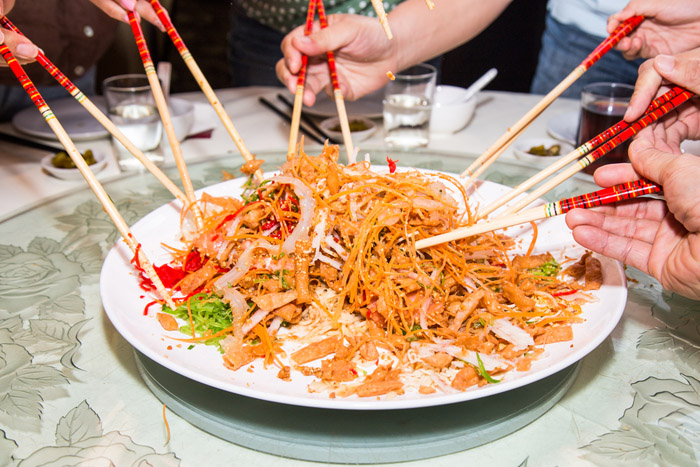
The last step is mixing all the ingredients together using chopsticks. Everybody around the table should toss the Yu Sheng enthusiastically, as high as possible. The higher diners toss the ingredients, the more prosperity will come in their way in the New Year.


